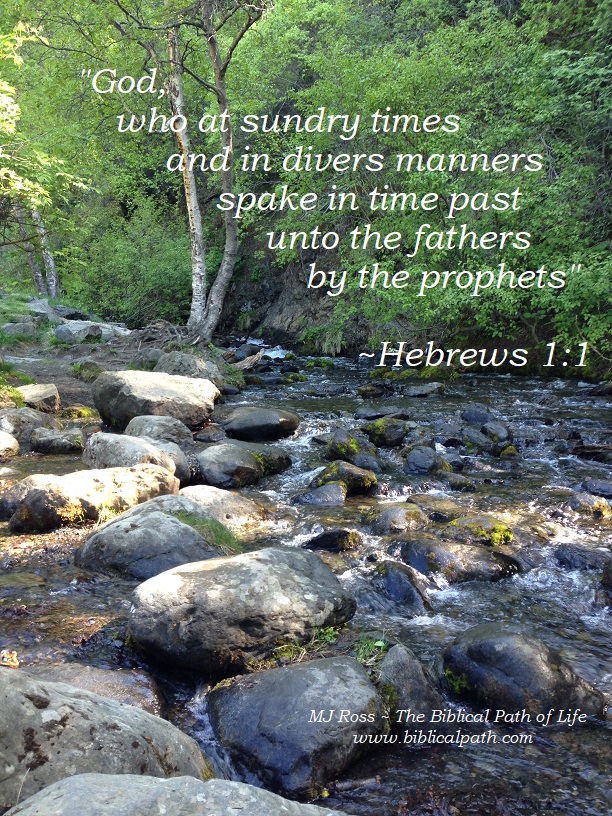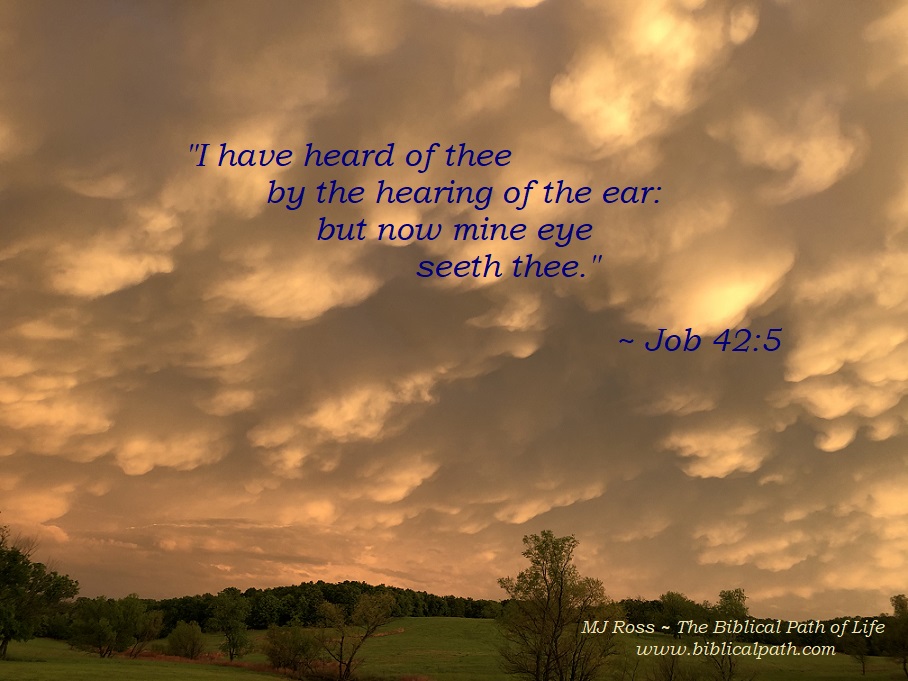
“Then Agrippa said unto Paul, Almost thou persuadest me to be a Christian.”
Acts 26:28
The following tells of one time when Paul gave his personal testimony of when Jesus called upon him, and Paul answered that call, trusting in Christ. Recognize a simple pattern.
- Paul briefly reminded them of the sinner he was,
- He spent time explaining the specific call Jesus made to him,
- He told of his personal response,
- Then the particular job Jesus gave to Paul to accomplish with his life.
This is a good basis for anyone to use who will give a personal testimony. A personal testimony of when Jesus called upon one’s heart is pivotal in witnessing to someone else.
When given the opportunity, Paul gave his personal testimony before the rulers:
- Paul briefly reminded them of the sinner he was:
“4. My manner of life from my youth, … that after the most straitest sect of our religion I lived a Pharisee. 6. And now I stand and am judged for the hope of the promise made of God unto our fathers: 7. … For which hope’s sake, king Agrippa, I am accused of the Jews. 8. Why should it be thought a thing incredible with you, that God should raise the dead? 9. I verily thought with myself, that I ought to do many things contrary to the name of Jesus of Nazareth. 10. Which thing I also did in Jerusalem: and many of the saints did I shut up in prison, having received authority from the chief priests; and when they were put to death, I gave my voice against them. 11. And I punished them oft in every synagogue, and compelled them to blaspheme; and being exceedingly mad against them, I persecuted them even unto strange cities” (Acts 26:4-11). Paul acknowledged that he was a sinner. He even worked against the spread of the Gospel message.
- He spent time explaining the specific call Jesus made to him:
“12. Whereupon as I went to Damascus with authority and commission from the chief priests, 13. At midday, O king, I saw in the way a light from heaven, above the brightness of the sun, shining round about me and them which journeyed with me. 14. And when we were all fallen to the earth, I heard a voice speaking unto me, and saying in the Hebrew tongue, Saul, Saul, why persecutest thou me? it is hard for thee to kick against the pricks. 15. And I said, Who art thou, Lord? And he said,I am Jesus whom thou persecutest. 16. But rise, and stand upon thy feet: for I have appeared unto thee for this purpose, to make thee a minister and a witness both of these things which thou hast seen, and of those things in the which I will appear unto thee; 17. Delivering thee from the people, and from the Gentiles, unto whom now I send thee, 18. To open their eyes, and to turn them from darkness to light, and from the power of Satan unto God, that they may receive forgiveness of sins, and inheritance among them which are sanctified by faith that is in me” (Acts 26:12-18). While Paul was yet in sin, Jesus called upon him to be saved (“sanctified by faith that is in me”).
- He told of his personal response:
“Whereupon, O king Agrippa, I was not disobedient unto the heavenly vision” (Acts 26:19). Paul was obedient to the call. He was saved.
- And then the particular job Jesus gave to Paul to accomplish with his life:
“20. But shewed first unto them of Damascus, and at Jerusalem, and throughout all the coasts of Judaea, and then to the Gentiles, that they should repent and turn to God, and do works meet for repentance. … 22. Having therefore obtained help of God, I continue unto this day, witnessing both to small and great, saying none other things than those which the prophets and Moses did say should come: 23. That Christ should suffer, and that he should be the first that should rise from the dead, and should shew light unto the people, and to the Gentiles” (Acts 26:20-23). Even though many wanted to kill Paul for obeying God’s command to go and tell the Gentiles about Jesus, Paul never quit.
We then read the response of Festus. “24. And as he thus spake for himself, Festus said with a loud voice, Paul, thou art beside thyself; much learning doth make thee mad. 25. But he said, I am not mad, most noble Festus; but speak forth the words of truth and soberness” (Acts 26:24-25). Art beside thyself means “to be mad; to rave; a person who speaks and acts in such a way that they appear to others as being out of their mind.” Mad means “to rave as a maniac; madness; insanity.” Festus just thought Paul was out of his mind – crazy. Or did he? Festus did not treat Paul as a prisoner who was crazy. It is very possible that Festus felt the conviction of this Truth Paul declared, and he did not want to admit this Truth.
- And then Paul invited Agrippa to respond to the Gospel message:
“26. For the king knoweth of these things, before whom also I speak freely: for I am persuaded that none of these things are hidden from him; for this thing was not done in a corner. 27. King Agrippa, believest thou the prophets? I know that thou believest. 28. Then Agrippa said unto Paul, Almost thou persuadest me to be a Christian” (Acts 26:26-28). What was Agrippa’s response? “Almost thou persuadest me to be a Christian” (see Acts 26:28). Instead, he rose up and went aside, agreeing that Paul had done nothing worthy of death – or even bonds (means “without freedom”).
Jesus called Paul, he believed and was saved, and then God sent him to preach Jesus – primarily to the Gentiles. He even spoke to rulers. His testimony of believing in Jesus allowed him to be a witness for Jesus so they could know how to be saved. His example is a good formula for anyone to use who will give their personal testimony of the time they trusted in Jesus. A personal testimony of when Jesus called upon one’s heart is pivotal in becoming a witness for Jesus.
Have you ever shared your personal salvation experience with anyone else?







